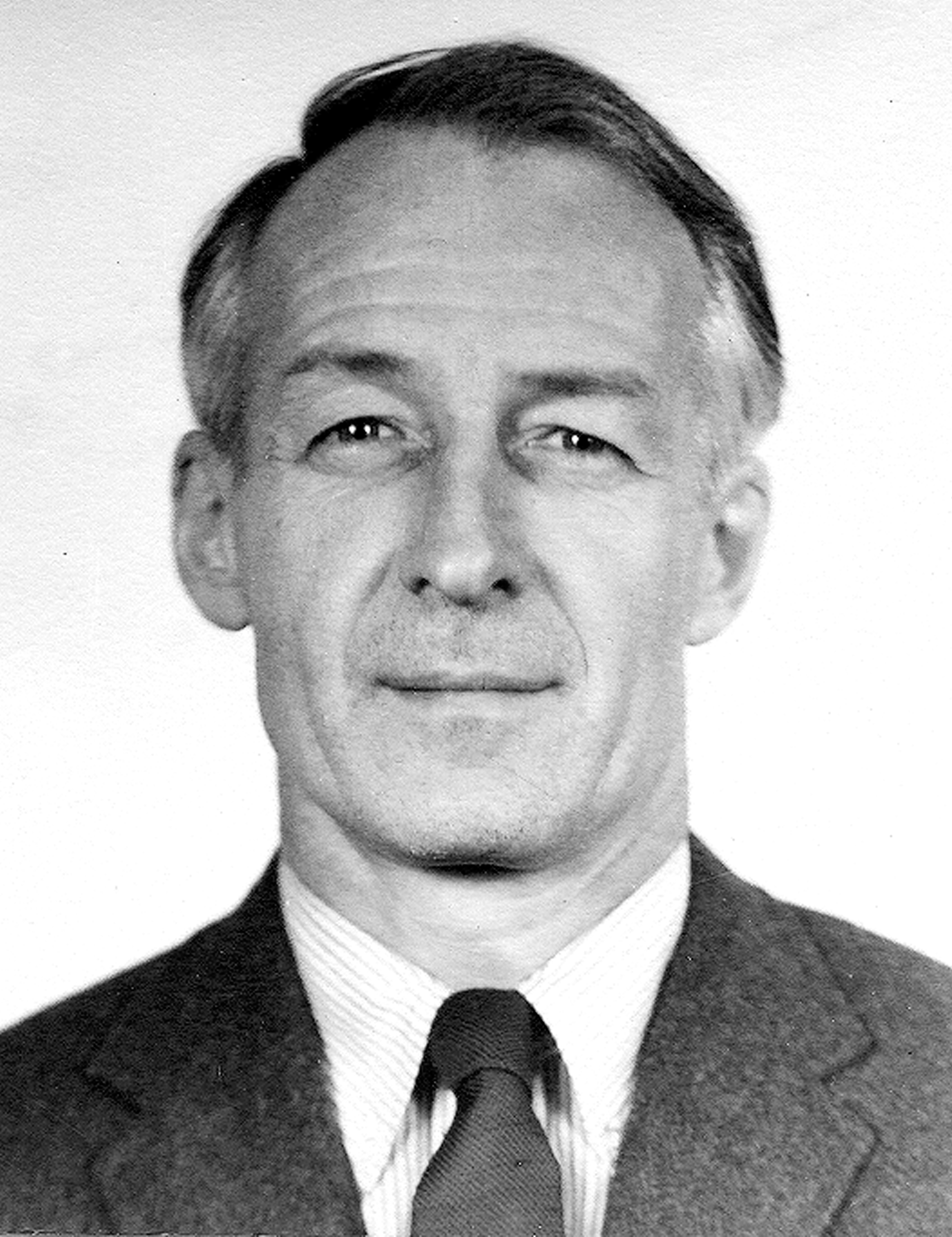Alexander Saxton, a professor in the history department for more than 20 years and former director of the UCLA Asian American Studies Center, died on Aug. 20 at his home in Lone Pine, Calif. He was 93.
Saxton will be remembered for his historical writings on race relations and for being a pioneer and fervent supporter of ethnic studies at UCLA, said Gary Nash, professor emeritus in the history department and Saxton’s longtime friend.
The Asian American Studies Center provided courses and research to students about Asian Americans as a racial identity during Saxton’s time as director. His deep commitment to social justice helped ensure that the center not only survived, but continued to grow, said Don Nakanishi, a former director of the Asian American Studies Center, who worked with Saxton on the center’s Faculty Advisory Committee more than 30 years ago.
Now, the center has expanded to include the Asian American studies department, which only offers courses in the field of study.
“I hate to think of what Asian American and ethnic studies (at UCLA) might have become if there was no Alex Saxton,” Nakanishi said.
Though the center faced opposition from some faculty and administrators ““ as ethnic studies was struggling to establish itself after the socially tumultuous 1960s ““ Saxton played a big role in helping it survive by developing the curriculum and recruiting faculty, Nakanishi said.
“Those of us who knew him really had a role model,” Nakanishi said. “We all truly have bettered ourselves by being able to know a guy like him.”
Saxton was also an attentive mentor to his students and would go out of his way to read his students’ dissertations.
Often, the line of students waiting to talk to Saxton during office hours would stretch around the corner of the hallway, said Robert Rydell, a former graduate student of Saxton’s.
“I was in that line,” he said. “It was overwhelmingly (long) because (Saxton) was such a wonderful conversationalist, and his life experiences covered so many different intellectual arenas.”
When Rydell first met Saxton as a graduate student in 1974, he had been expecting his professor to be a little younger, he said.
After dropping out of Harvard to work as a laborer and labor organizer, Saxton returned to school at age 43 to earn a doctorate in United States history at UC Berkeley, according to Saxton’s autobiographical essay.
Saxton’s relationships with his peers went beyond the classroom. Both Rydell and Nash regularly tagged along with Saxton on backpacking trips in the Inyo Mountains or near his home in Lone Pine, where they would trek to the rocky peaks of the Sierra Nevada, they said.
Rydell said he remembers how, during their trips, Saxton would recite Longfellow, Tennyson and Whitman from memory. Saxton also always packed heavy books to read, dense tomes like the 904-page “The Magic Mountain” by Thomas Mann, a German novelist.
“I was always very impressed with what he was reading,” Rydell said with a laugh. These were not slim paperbacks.”
Nash, who was Saxton’s friend for 44 years, said he remembers the many dinners he shared with Saxton around the campfire in the backcountry. The two friends talked about politics, history, life and the human condition, Nash said. Other times they played charades with other friends who came along, he added.
Whenever they had to cross steep and dangerous snow fields, Saxton was the one who ushered them safely across.
“He would always (go off the path) and lead the way,” Nash said. “He was a trailblazer in several different aspects of his life, as a historian and as well as a mountaineer.”
Alexander Saxton was born on July 16, 1919 in Great Barrington, Mass.
In his lifetime, Saxton served as a merchant marine during World War II and testified in the 1950s before the House Un-American Activities Committee for his previous involvement with the Communist party.
Saxton is survived by his daughter Catherine Steele, his niece Martha Saxton, a grandson and a great-grandson. Saxton’s wife, Trudy, died about a decade ago, according to The New York Times.
The history department and the Asian American Studies Center are currently discussing plans to hold a joint memorial for Saxton in November, said David Yoo, the center’s current director.
